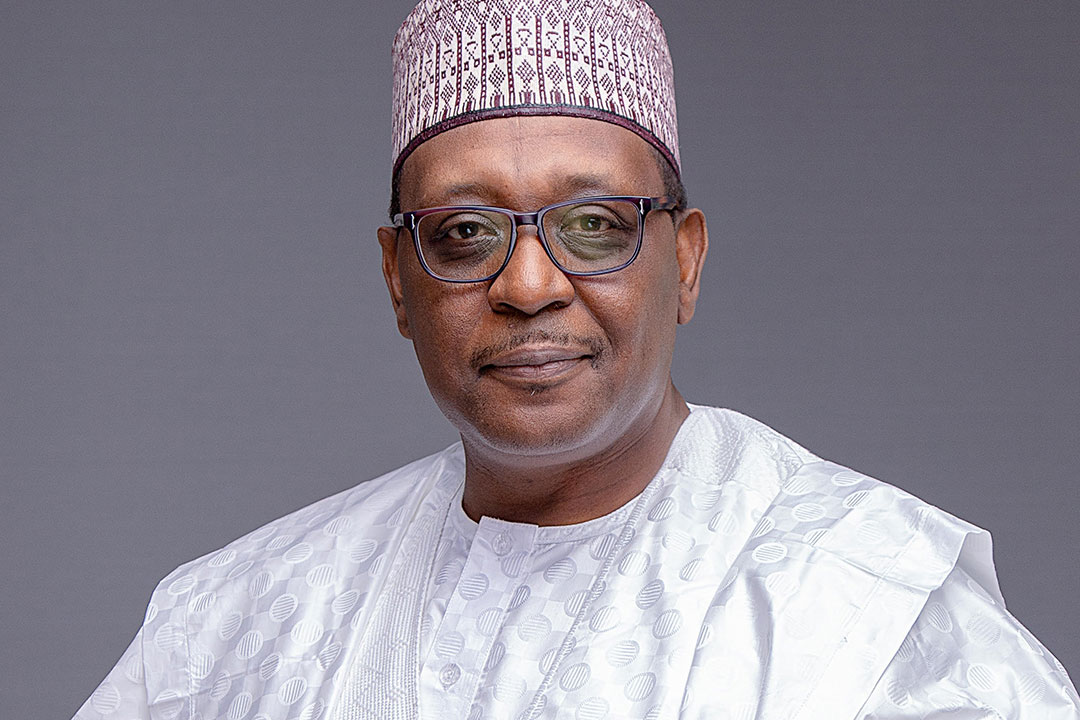By Iyemah David
The Coordinating Minister of Health and Social Welfare, Prof. Muhammed Pate, has urged actions to improve immunisation rates and strengthen healthcare systems in the country.
Pate, who was represented by Director of Planning, Research and Statistics in the ministry, Dr Chris Isokpunwu, said this on Monday in Abuja.
He spoke at a strategic retreat of the seven health committees of the National Assembly under the Legislative Network for Universal Health Coverage and Health Security (LNU).
Prof. Pate expressed concerns about low immunisation rates among children in Nigeria.
The minister said that only 10 per cent of children received any form of immunisation.
According to him, this poses a significant risk to the children’s health as they grow.
He called for urgent actions in the health sector to address the issue.
Pate said that children who received one dose of immunisation still faced multiple health challenges that could lead to high mortality rate.
He said that the healthcare system had been identified as a key area that should be strengthened to tackle the challenges effectively.
He also noted some challenges faced by healthcare centres, listing them to include inadequate human and material resources.
“To address these challenges, collaborations between different stakeholders, including healthcare workers, government officials and the community, are deemed essential.
“Adequate resources must be provided to maintain and improve the infrastructure of healthcare facilities, ensuring that they are fully functional and meet the needs of the population,” he said.
The minister emphasised the importance of innovative financing options to ensure that all Nigerians would have access to adequate and quality healthcare services.
“This may involve exploring health insurance state mandates and finding ways to provide care for vulnerable populations,” he said.
He also said that, while the government could spend on healthcare, there was a need for alignment between priorities and objectives.
“This will ensure that funds are directed towards achieving specific goals and improving health outcomes for the population,” he said.
Dr Walter Kazadi Mulombo, World Health Organisation Country Representative to Nigeria, emphasised the role of the National Assembly and the Legislative Network for Universal Health Coverage and Health Security (LNU) in improving healthcare.
Mulombo said that successful immunisation campaigns in the past could provide context and demonstrate the potential for improvement.
“It is also important to address the challenges faced during these campaigns, such as vaccine hesitancy, logistical issues and cultural barriers,” he said.
He stressed the need for increased education about the importance of immunisation to shed light on the underlying factors for low immunisation rates.
“This could include addressing misconceptions, providing accurate information and engaging with communities to build trust in the healthcare system.
He said that there was the need for the country to explore any existing collaborations or potential partnerships with international organisations and partners that could showcase support and resources availability to address immunisation challenges.
“This could include funding, technical assistance and knowledge sharing.
“There are specific initiatives or policies that the government has implemented or plans to implement to improve immunisation rates can demonstrate commitment to addressing the issue.
“This could include funding allocations, legislative changes or targeted campaigns,” he said.
He said that increased disease outbreaks or long-term health implications were potential consequences of low immunisation rates.
“Projections or goals for future immunization rates can provide a roadmap for improvement and hold the government accountable for achieving these targets,” he said.


